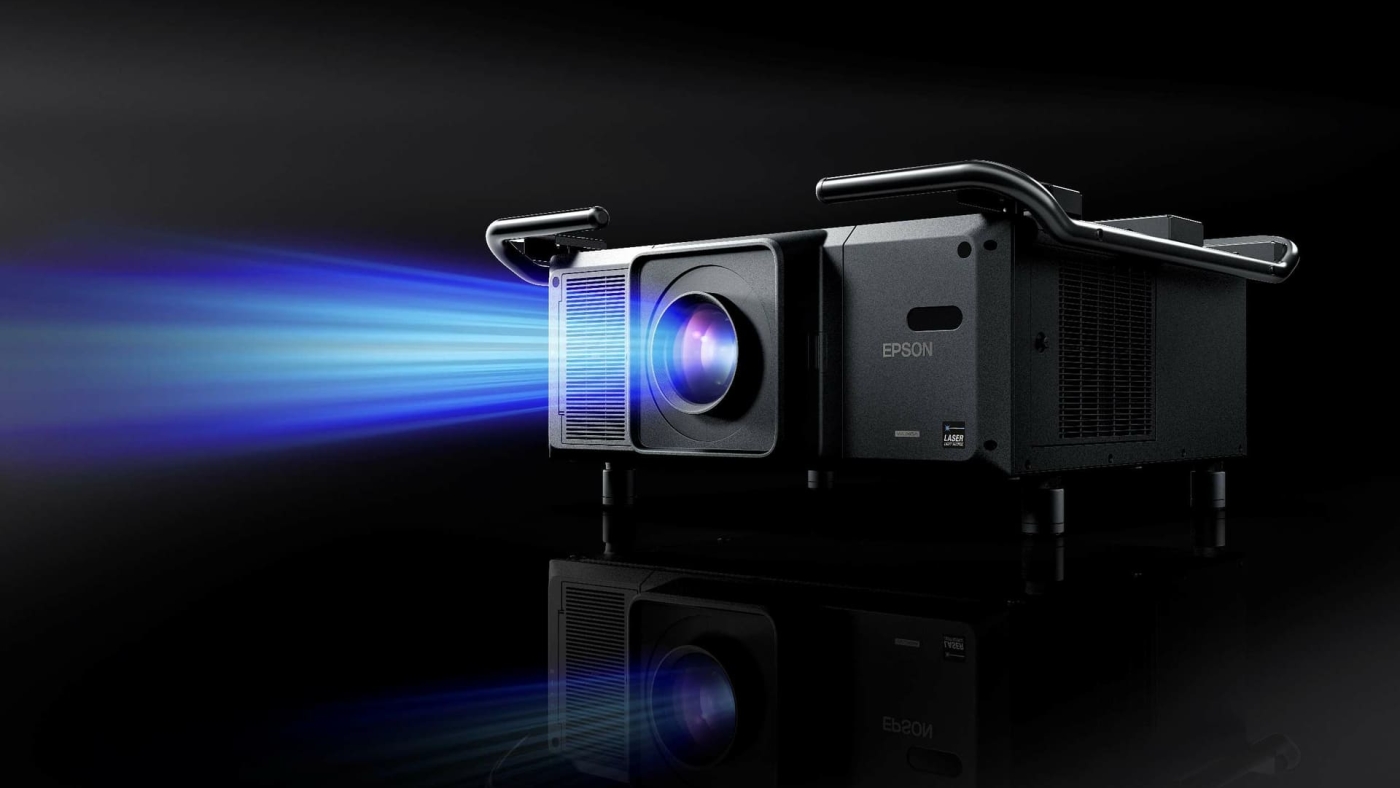Creating the perfect home theater involves several crucial decisions, and selecting the right projector is at the top of the list. With so many options available, it can be challenging to know where to start. This guide will help you navigate the key factors to consider when choosing the best projector for your home theater setup.
1. Resolution
Resolution is one of the most critical factors in determining the quality of your home theater experience. Projectors come in various resolutions, including 720p, 1080p, and 4K. For a truly immersive experience, a 4K projector is ideal, as it offers four times the detail of 1080p, providing sharper and more vibrant images. However, if budget constraints are a concern, a high-quality 1080p projector can still deliver excellent results. Remember, the higher the resolution, the more detailed and lifelike your movies and shows will appear.
2. Brightness
The brightness of a projector, measured in lumens, determines how well it can display images in different lighting conditions. For a dedicated home theater with controlled lighting, a projector with 1,500 to 2,500 lumens should suffice. However, if you plan to use the projector in a room with ambient light, opt for a model with at least 3,000 lumens to ensure clear and vibrant visuals. Brightness is crucial for maintaining image quality and ensuring that colors remain vivid and details are visible, even in less-than-ideal lighting.
3. Contrast Ratio
The contrast ratio of a projector is the difference between the darkest black and the brightest white it can produce. A higher contrast ratio results in deeper blacks and more vivid colors, which enhances the overall viewing experience. Look for a projector with a contrast ratio of at least 10,000:1 for a dynamic and lifelike picture. High contrast ratios are particularly important for watching movies with dark scenes, as they help to reveal subtle details and create a more immersive atmosphere.
4. Throw Distance and Lens Shift
Throw distance refers to the distance between the projector and the screen, while lens shift allows you to adjust the image position without moving the projector. Both factors are essential for achieving the best picture quality in your space. Measure your room and consider the projector’s throw ratio to ensure it can produce a large enough image from the desired location. Lens shift is particularly useful for flexible installation, allowing you to place the projector off-center without distorting the image.
5. Connectivity and Compatibility
Ensure that the projector you choose has the necessary inputs and compatibility with your existing equipment. HDMI ports are essential for connecting devices like Blu-ray players, gaming consoles, and streaming devices. Additionally, consider projectors with wireless capabilities for easy connection to your home network and smart devices. Having multiple connectivity options ensures that your projector can integrate seamlessly with your home theater system, providing a hassle-free viewing experience.
6. Lamp Life and Maintenance
Projector lamps have a finite lifespan, typically ranging from 2,000 to 5,000 hours. Longer lamp life means fewer replacements and lower maintenance costs. Some projectors also offer eco modes that extend lamp life by reducing brightness when full power is not necessary. Consider the cost and availability of replacement lamps when making your decision. Regular maintenance, such as cleaning filters and ensuring proper ventilation, can also prolong the life of your projector and maintain optimal performance.
7. Portability vs. Permanent Installation
Decide whether you need a portable projector or a permanently installed one. Portable projectors are lightweight and easy to move, making them ideal for flexible use in different rooms or even outdoors. However, they may sacrifice some performance features found in larger, permanent models. If you’re setting up a dedicated home theater, a permanent installation with ceiling mounting can provide a more professional setup and better performance, but it requires more planning and installation effort.
8. Budget Considerations
Projectors come in a wide range of prices, from budget-friendly options to high-end models. Determine your budget and prioritize the features that are most important to you. While higher-priced projectors generally offer better performance and more features, there are excellent mid-range options that provide great value. Consider the long-term investment and how often you’ll use the projector to justify the cost. Balancing cost with performance is key to finding the right projector for your needs.
9. Brand and Reviews
Research brands and read reviews to gauge the reliability and performance of different projectors. Established brands like Epson, Sony, and BenQ are known for their quality and customer support. Online reviews and customer feedback can provide valuable insights into the pros and cons of specific models. Look for consistent praise for image quality, durability, and ease of use. A projector with a strong reputation and positive reviews is more likely to meet your expectations and provide a satisfying viewing experience.
10. Future-Proofing
Consider future-proofing your home theater by choosing a projector with the latest technology and features. 4K resolution, HDR support, and advanced connectivity options like HDMI 2.1 ensure that your projector will remain relevant as new content and devices emerge. Investing in a high-quality projector with up-to-date features can save you money in the long run by delaying the need for upgrades. Future-proofing ensures that your home theater will provide excellent performance and compatibility for years to come.
Conclusion
Choosing the right projector for your home theater involves balancing various factors, from resolution and brightness to connectivity and budget. By carefully considering each of these aspects, you can select a projector that meets your needs and provides an exceptional viewing experience. Whether you’re a cinephile, a gamer, or someone who loves to entertain, the right projector can transform your home theater into a cinematic paradise.


Add a Comment